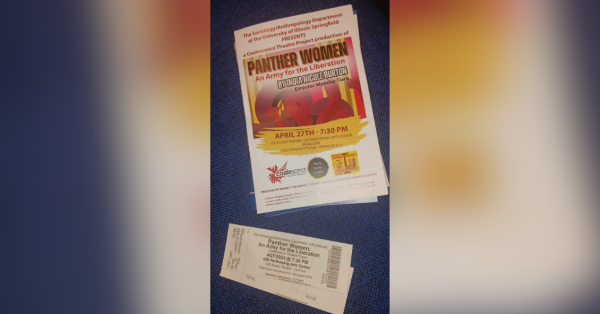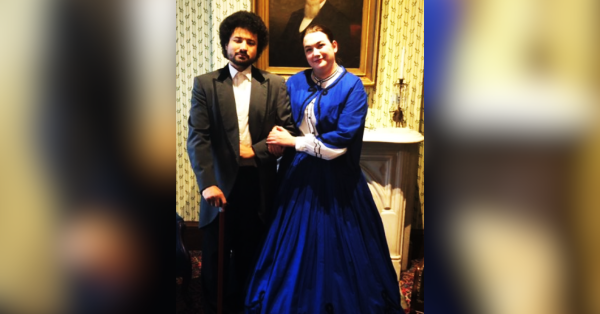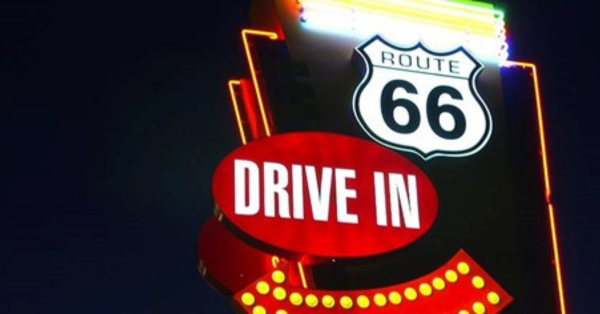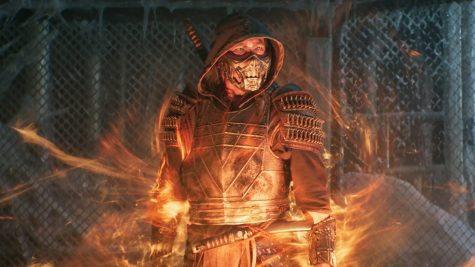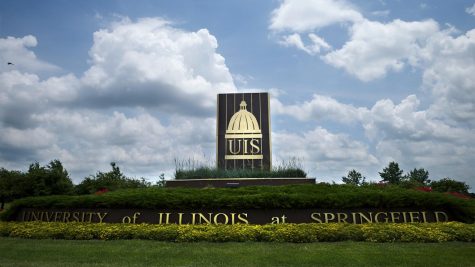Judas and the Black Messiah
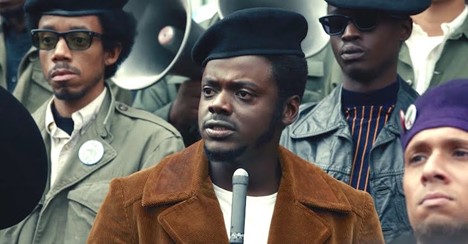
Photograph courtesy of www.variety.com
Judas and the Black Messiah chronicles the infiltration of the Illinois Black Panther Party by FBI informant William O’Neal and the events leading up to the assassination of Fredrick Hampton by a joint force of the FBI, Cook County State’s Attorney’s Office, and the Chicago Police Department.
If you haven’t heard of Fred Hampton before, you are not alone. I certainly hadn’t before seeing this movie. Hampton, played by Daniel Kaluuya of Get Out, was the Deputy Chairman of the Black Panther Party and Chairman of the Illinois Black Panther Party. One of his most notable actions (as portrayed in the film) was the formation of the Rainbow Coalition that linked the Black Panthers with the following organizations: Young Patriots Organization (a group of white southerners from northern Chicago) and the Young Lords (a Puerto Rican gang turned civil rights organization that would later come to include other leftist organizations). What is fascinating about this movie is that it does not pull any punches with Hampton’s platform. Hampton was not a reformer. In his first scene in the film, Hampton launches a blistering critique of the renaming of Theodore Herzl Junior College to Malcolm X College, which he refers to as “the candy-coated façade of gradual reform,” stating that “[r]eform is just the masters teaching the slaves how to be better slaves.” In a phrase reminiscent of philosopher Michel Foucault’s description of the Panopticon, Hampton states: “Under reform you could take the…masters out, and the slaves still be doin’ all the work for them.”
Hampton was a radical and a revolutionary, one who the movie portrays openly espousing Maoist ideals: “political power flows from the barrel of a gun…war is politics with bloodshed and politics is war without bloodshed.” The film opens with recordings of Hampton that include the statement, “We say we’re not going to fight capitalism with Black capitalism, but we’re going to fight it with socialism.” In a later scene, Hampton states that the objective of the Black Panther Party is to “heighten the contradictions,” to allow the people to decide if they want to overthrow the government or not. Read the previous sentence again and try to think of the last time you saw a film that portrayed a socialist with the stated goal of potentially overthrowing the United States government through a popular uprising in a positive light. I cannot think of a single other film that goes so far. Many of the leaders of the Civil Rights Movement identified as socialists or expressed socialist ideals, including Martin Luther King Jr. However, such ideals are usually downplayed or outright whitewashed in Hollywood retellings to put more emphasis on the fight against overt racism, an evil that modern white Americans have an easier time acknowledging than more complex issues such as economic inequality. To see a film that doesn’t adhere to this trend is striking and worth seeing, for that alone if nothing else.
The Judas of the film’s title refers to William O’Neal, played here by LaKeith Stanfield, a car thief conscripted into becoming an FBI informant who infiltrates the Panthers as part of the FBI’s COINTELPRO, or Counter-Intelligence Program. COINTELPRO was the infamous pet project of the even more infamous J. Edgar Hoover (portrayed by Martin Sheen, of all people) that was responsible for attempting to pressure Martin Luther King into suicide, as well as carrying out illegal surveillance and intimidation operations against many civil rights activists and leftists of the mid-20th century. Stanfield does a solid job of portraying the conflict in O’Neal as he gets deeper in the Panthers and closer to Hampton, leading up to his eventual drugging of Hampton prior to the FBI raid. However, Kaluuya as Hampton overshadows almost everyone else in the film.
All in all, 5 out of 5.
A must-see for all.



